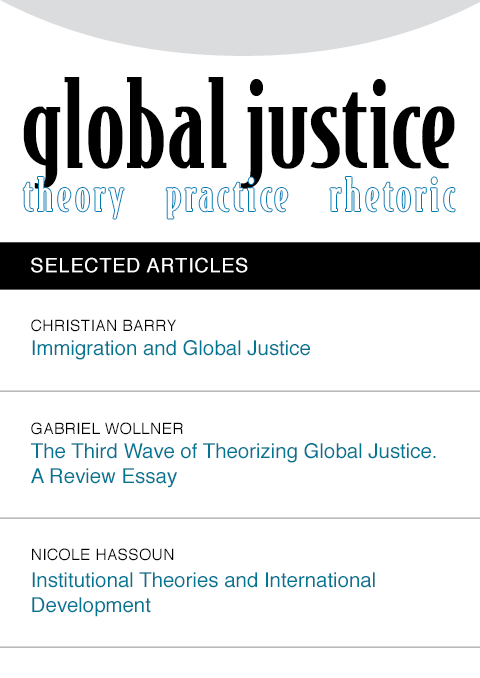Low-Fee Private Schools in Developing Nations: Some Cautionary Remarks
DOI:
https://doi.org/10.21248/gjn.12.01.229Abstract
This paper examines and rejects two normative justifications for low-fee private schools (LFPS), whose expansion throughout the Global South in recent years has been significant. The first justification – what I shall call the ideal thesis – contends that LFPS are the best mechanism to expand access to quality education, particularly at the primary level, and that the premise of their success is that they reject educational equality and state intervention in educational affairs, traditionally associated with public schools, embracing instead educational adequacy and unregulated markets for education. Against this thesis, the paper argues that an ideal educational arrangement must not do away with educational equality and some degree of state interference. The other justification for LFPS – the secondbest thesis – contends that although LFPS do not represent the ideal state of affairs, they nonetheless bring us a step closer to the ideal of universal primary education; they are a ‘realistic’ approximation to that goal. Against the second-best thesis, the paper argues that this justification commits the approximation fallacy: by deviating from the ideal educational arrangement LFPS may obstruct rather than facilitate its achievement.

 Global Justice: Theory Practice Rhetoric (TPR) is a peer-reviewed, open-access e-journal which publishes original research in international political theory, with special emphasis on global justice. We are particularly interested in bridging the gap between political theory, empirical research, and the study of political practices and communication.
Global Justice: Theory Practice Rhetoric (TPR) is a peer-reviewed, open-access e-journal which publishes original research in international political theory, with special emphasis on global justice. We are particularly interested in bridging the gap between political theory, empirical research, and the study of political practices and communication. 


